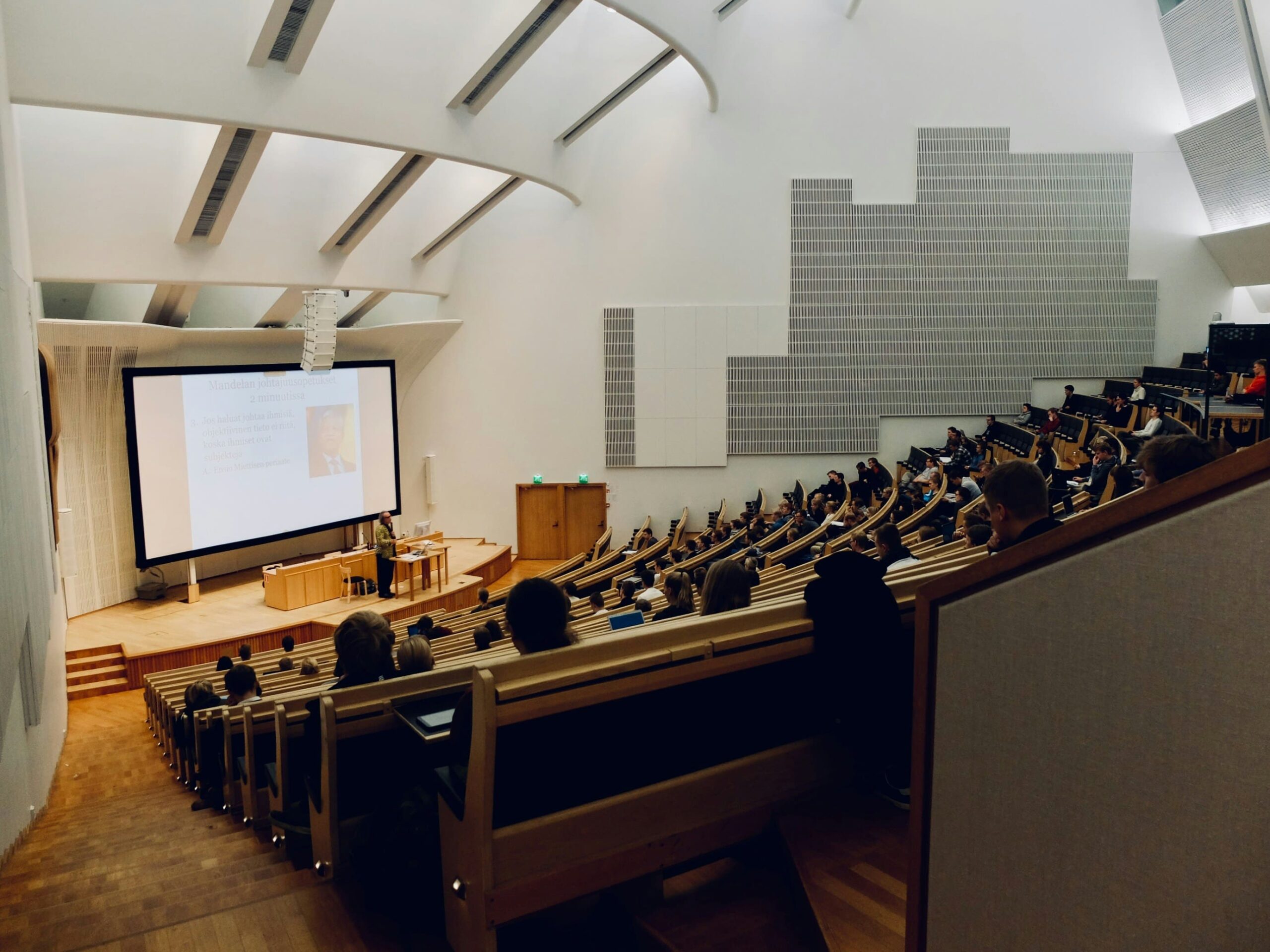The construction of smart cities and the advancements in digitalization also heavily rely on education. It’s no coincidence that among Italy & Partners’ flagship services, this particular aspect is prominent.
However, education and training are not only aimed at companies or public entities, but also directly involve those who will be the digital workers of the future. That’s why for the past two years, together with TSCAI, The Smart City Association Italy, we have chosen to contribute to the professional (and personal) growth of students in the Data Science master’s program. This program is organized by the Rome Business School through the Capstone Project initiative. All of this goes beyond theory, putting students in front of a real group challenge.
Here, therefore, is an interview gathering the impressions of the students Stephanus Francois Benade, Luca Cortinovis, Paolo Fornoni and Erin Pinto, who describe the results of their study titled: “Synergistic Strategies: Enhancing Municipal Services through Benchmarking in Aspiring Smart Cities”.
The interview with the students
Q: What motivated your team to delve into urban innovation for your master’s project at RBS?
Stephanus: “Our motivation stemmed out of a shared vision to make a tangible impact in the realm of urban development. We recognized the transformative potential of smart cities and wanted to contribute to this dynamic and diverse field using the skill sets each of us brought to the table. We aimed to blend academic research with practical solutions, addressing real-world challenges faced by modern cities and individuals.”
Q: Throughout your project, what were the key discoveries and lessons learned?
Luca: “One core discovery was the diverse range of approaches to smart city development across different regions. We learned that while technology is a crucial component, the heart of a smart city lies in its ability to engage citizens and adapt to their evolving needs. Another key lesson was the importance of data-driven decision-making in urban planning and the challenges associated with it, especially in terms of data availability and technological advancements.
Q: How do you believe your understanding of urban innovation will influence your future professional endeavors?
Paolo: “This project has been a profound learning experience, providing us with a unique perspective on the intersection of technology, policy, and urban management. The skills and insights we have gained are not only relevant but essential for our future careers, whether in data science, urban planning, digital transition or policy-making. Understanding the complexities of urban innovation positions us to be effective change-makers in our professional paths.”
Erin: “Additionally, the project has highlighted the importance of interdisciplinary collaboration and the interoperability challenges that could arise in the realm of urban innovation. In our future roles, we will be better equipped to work across different sectors, understanding the value of diverse perspectives in creating holistic and sustainable urban solutions.”
To conclude, it’s evident that while we traversed through the world of urban innovation, our team’s journey has been more than an academic pursuit. It is a stepping stone toward our future roles as innovators, researchers, collaborators, and leaders in shaping smarter, more responsive cities. Our project not only contributes to the academic discourse but also offers practical insights into the ongoing evolution of urban environments.

